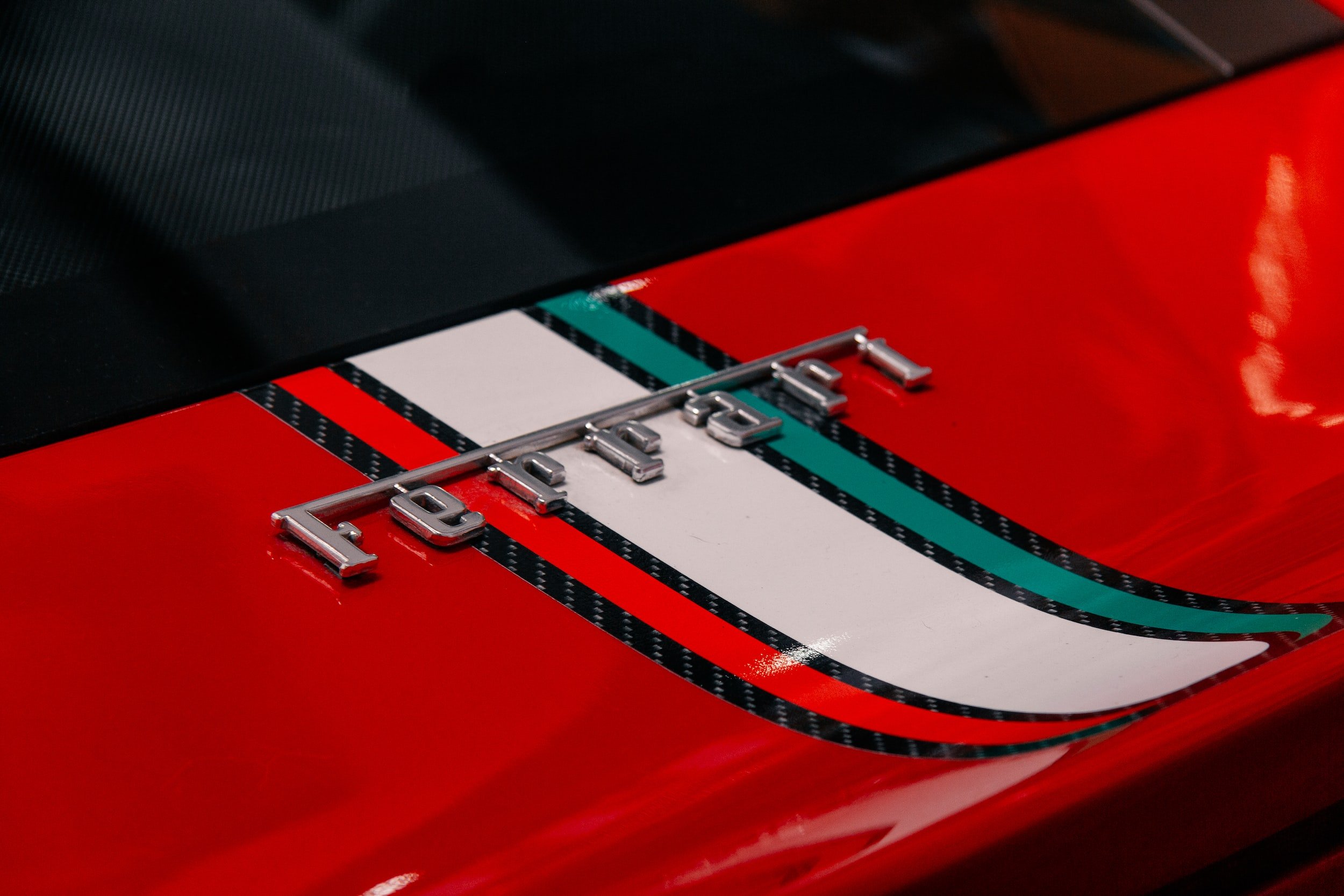One of today’s insistences is that the rich nations - you and me effectively - must pay up to the poorer countries for climate change. Amounts vary. Some say $100 billion a year and rising in order to pay for the expenses that climate change will visit upon the poor. Others are talking trillions to cough up for reparations for this and that. And, well, there’s a certain problem with that idea.
We know very well that some countries aren’t going to gain such cash. Assume - just for the giggles - that the trillions per year are offered up. It’s still true that North Korea isn’t going to get a cheque because that would just mean more missiles being fired over Japan.
Hmm, OK. But what’s the cut off point of who doesn’t get the money? That’s where it gets interesting.
Agreed, we’re somewhat out of sync with the zeitgeist on this, the only reason we know of for continued national poverty is bad government. Others differ on that. And yet, well, there are some that wouldn’t gain cheques under even the most liberal of such regimes. Or at least should be some.
This is a decade old and more but:
Equatorial Guinea has become the richest country, per capita, in sub-Saharan Africa since the discovery of oil and natural gas reserves in the 1990s, yet the majority of its people remain extremely poor. Despite its increased wealth, the realization of the rights to food, health and education has declined. These retrogressions are documented in CESR's statistical analysis of the country's economic and social rights outcomes relative to its resources. According to official UN data, GDP per capita is over US$26,000, yet almost two-thirds of Equatoguineans still live on less than US$1 a day. Access to health and education has deteriorated as the country's economy has boomed. The proportion of children dying before age five has risen in the last 15 years and is now higher than some of the poorest countries in the region.
There are rumours - rumours mind! - that the oil money goes to the Presidential family and little further. There have been mutterings that earlier Angolan governments might have done something like that, maybe. A daughter of a previous President of that country has been declared, more than once, to be the richest woman in Africa for example, owning many Portuguese assets. Burma’s a military dictatorship again isn’t it? So no money for them.
And so on and so on:
Eskom, the state power provider, was hollowed out by plundering and mismanagement under much of the rule of the African National Congress (ANC).
Sending money off to either prevent or even make up for climate change does rather depend upon the idea that the money sent off will either prevent or make up for climate change. So, which places are poor enough that they need or deserve such but also well enough governed that they’ll make good use of it?
One of us was at a university talk shop just recently and we were told that COPwhateveritis had decided that $8 billion was about the right sum for South Africa. Well, OK and maybe. But who believes that if Jacob Zuma were still in power then the $8 billion would do much useful? Or if Mugabe were still deciding on what to do with however much Zimbabwe were to be awarded?
Entirely true, there are places doing well from a standing start. Bangladesh has been growing at 6 and 8% a year for a couple of decades now - Pakistan not so much. It’s not obvious that a place growing at 6 and 8% a year can usefully absorb much more outside cash and the places that are still at that startline quite possibly wouldn’t use it well.
It’s obvious that even if the cash is stumped up then some won’t get it on the grounds of incompetence, venality or plain barking madness. Which does lead us to that very interesting rumination.
OK, who?

